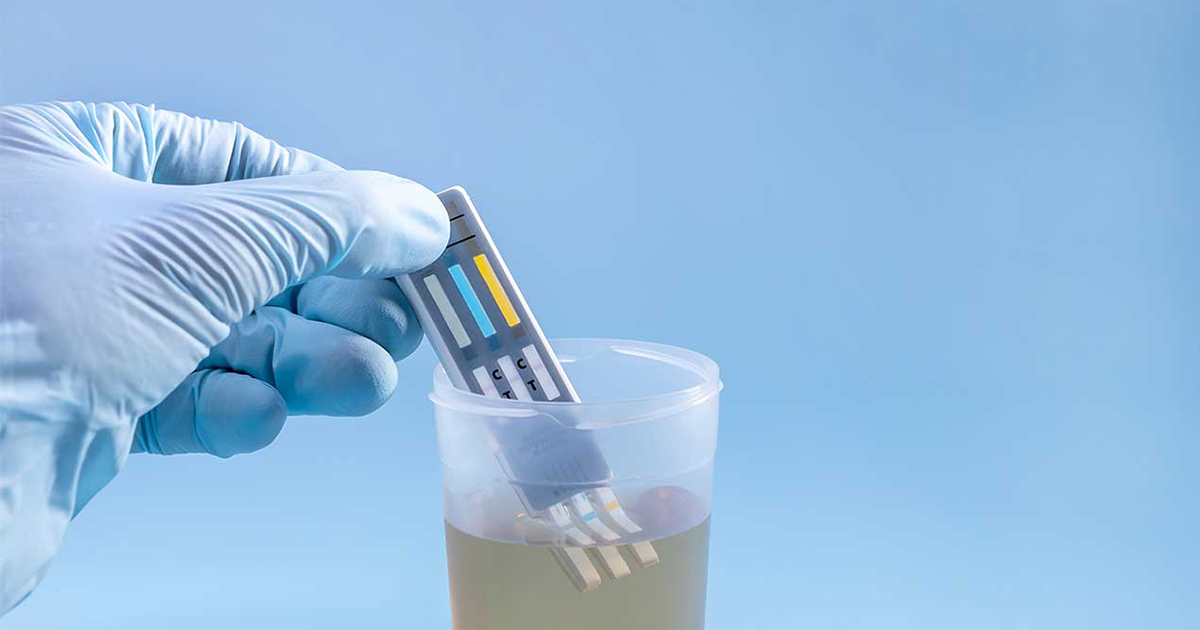New Progress on Early Kidney Problems Detection

No doubt that kidney problems can be better managed if they are spotted early, and regular kidney function test is the best way to monitor kidney health. However, current detection methods are not sensitive for detecting early kidney injury. A research team from the University of Tokyo used a new tech for analyzing urine extracellular vesicles (uEV) to predict any decline in kidney function, which can detect changes in the kidney earlier than conventional methods. uEV contains protein from nephrons. Therefore, it can be used as a biomarker for related health problems.
The subjects of that study were children. Kidney problems in children are often due to genetic inheritance or congenital abnormalities, so it is easier for researchers to identify changes in uEV. The team studied uEV in the urine sample of 26 children with healthy kidneys and 94 children with kidney problems. They analyzed the size and protein content of uEV. They found that the size and content of uEV changed with the decline of renal function. A protein that is important for kidney function was lower in the samples from children with kidney problems.
We can see that uEV may become a new method for the early detection of kidney problems. To achieve that, the team hopes to conduct more extensive studies and test the effectiveness of combined conventional and new methods on various health problems and age groups.
- * All research and clinical data should be used as reference purposes only, results may vary.




